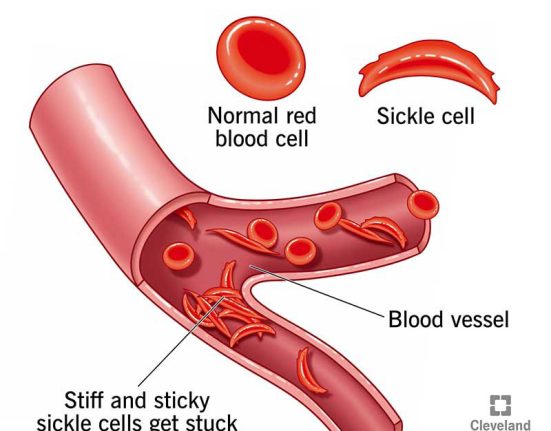Endometriosis, a condition causing pain and fertility challenges, requires accurate diagnosis and tailored treatment approaches. The primary goal of treatment is to alleviate pain, address fertility issues, and improve overall quality of life. Effective management often combines medication, surgery, and assisted reproductive technologies, depending on the patient’s specific needs.
Diagnosis: The diagnostic process for endometriosis involves an in-depth medical history, a pelvic examination, and imaging tools such as ultrasound or MRI to identify cysts or scarring. In cases where these methods are inconclusive, laparoscopy—a minimally invasive surgical procedure—may be performed to provide a definitive diagnosis and even treat the condition during the same procedure. Tissue biopsies taken during laparoscopy can confirm the presence of endometriosis.
Treatment Modalities: Treatment typically revolves around three main approaches
Medical Therapy:
- Pain relief via over-the-counter medications or hormonal therapies, such as contraceptives, to regulate hormonal imbalances that contribute to endometrial tissue growth.
- Advanced medications, like Gonadotropin-releasing hormone (GnRH) analogs, are used to suppress estrogen production, halting menstrual cycles and reducing the size of endometrial implants.
Surgical Intervention:
- Conservative surgeries preserve reproductive organs and address severe symptoms or unresponsiveness to medications. Laparoscopic surgery is the most common and effective method for treating endometriosis.
- Definitive surgeries, such as hysterectomy, may be considered in extreme cases where other treatments are ineffective.
Fertility Treatment:
- Assisted reproductive technologies, like in vitro fertilization (IVF), are recommended for individuals struggling with infertility due to endometriosis. Egg preservation is also an option to enhance future pregnancy prospects.
Challenges and Emotional Impact: Endometriosis can cause both physical and emotional distress, including anxiety, sadness, and frustration, especially for those facing fertility difficulties. However, many women successfully conceive despite the condition, with appropriate medical and surgical interventions improving the chances of pregnancy.
Looking Forward: Selecting the right treatment depends on factors such as the patient’s age, disease stage, fertility goals, and personal preferences. Consulting with an experienced doctor and seeking a second opinion can provide clarity and help patients explore all available options. While endometriosis is a challenging condition, advancements in medical and surgical care offer significant hope for effective management and relief.







